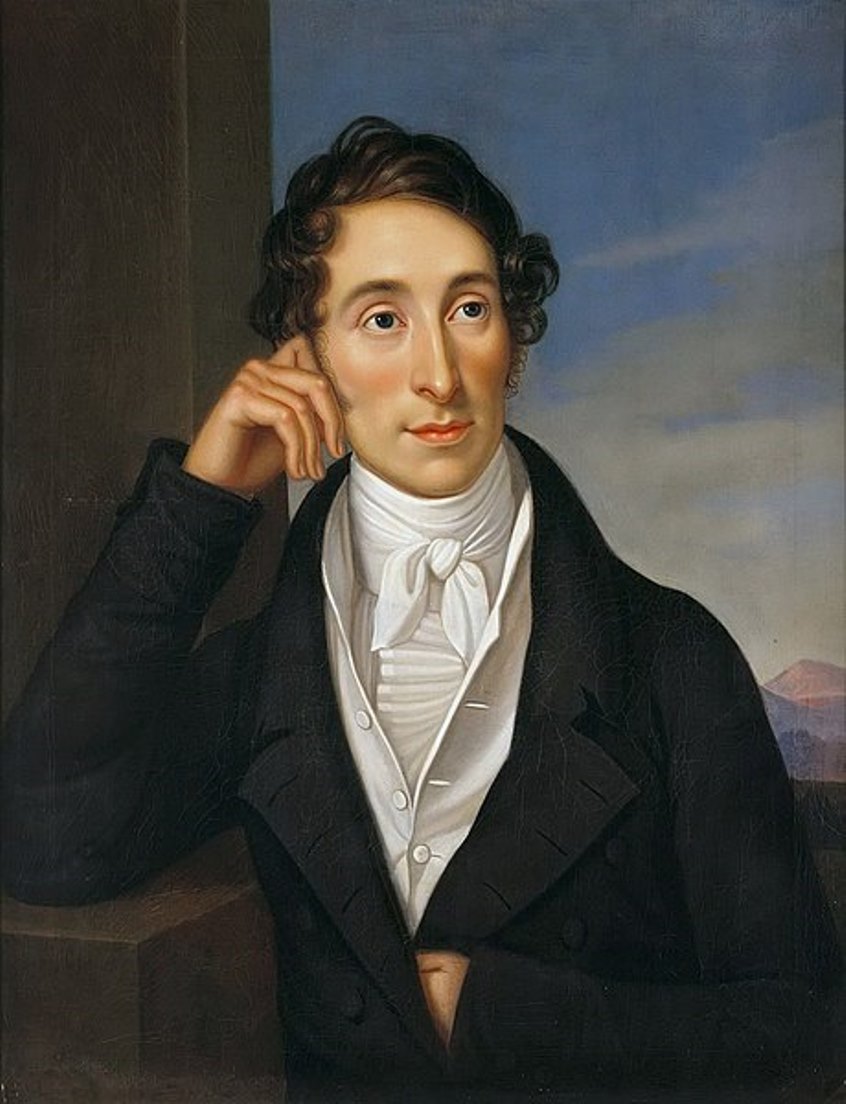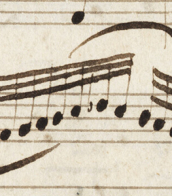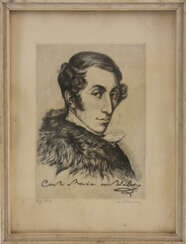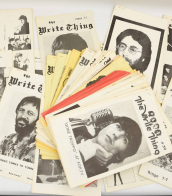carl maria von weber (1786 - 1826)

Carl Maria von Weber, full name Carl Maria Friedrich Ernst von Weber, was a German opera composer and conductor during the transition from classical to romantic music, pianist and music critic.
Weber was born into a musical and theatrical family, and his father cherished dreams of making him a second Mozart. The young Weber received his first appointment when he became the musical director of Duke Eugene of Württemberg, for whose private orchestra he wrote two symphonies, then he was secretary at the court of King Frederick I of Württemberg. At the same time he composed musical works, gaining experience and knowledge.
In 1813 Weber was appointed conductor of the opera in Prague, and four years later he was appointed director of the German opera in Dresden. Here he deployed his talents, taking on the entire job of preparing an opera production: he selected the repertoire, staff and actors; he handled the scenery, lighting and staging, as well as the orchestra and singers, taking special care to ensure that each performer fully understood the words and plot of each opera. The composer also found time to compose his own works.
During this period he created the opera The Free Rifleman (1821), where he was able to free German opera from French and Italian influences. The opera was first successfully staged in Berlin and then traveled throughout Europe. "The Free Rifleman" is the most popular German opera written to date, and it marked the beginning of German Romantic opera. Weber also wrote the operas Euryanthe (1823), Oberon (1826), and others.
Carl Weber composed many fugues, sonatas, concertos, and sacred music, and was also one of the significant piano virtuosos and music critics. From 1809 to 1818, he wrote a considerable number of reviews and quite incisive music criticisms. All his activities, music and critical writings promoted the ideals of Romanticism as an art in which feeling prevails over form and heart over head.





